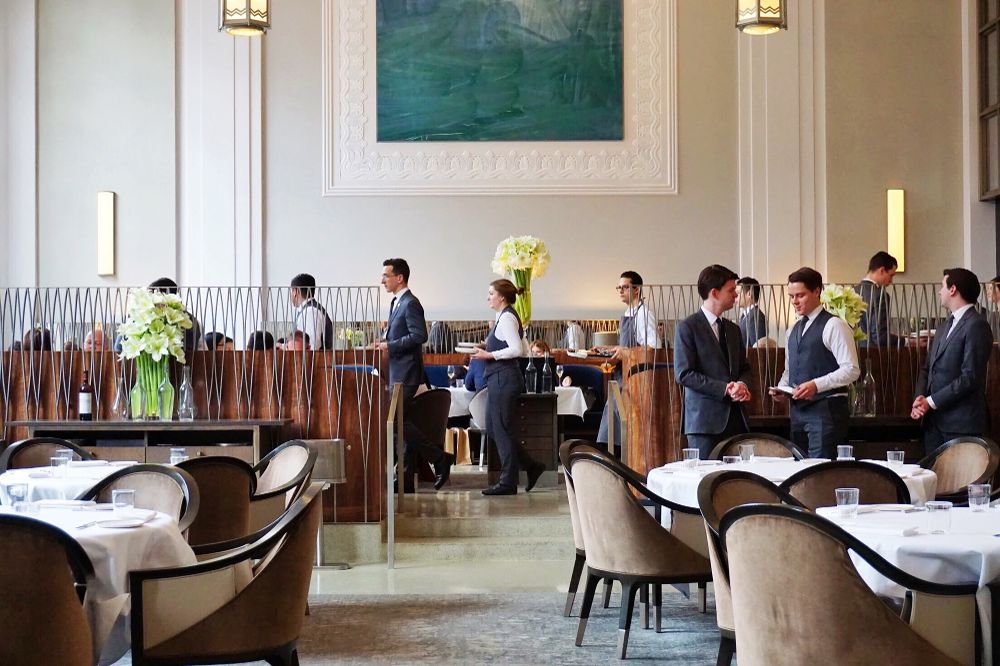
Photo courtesy of GlassDoor
According to survey results released by Joblist, a personalized job search platform, over half of U.S. hospitality workers said that they would not return to their previous jobs and a third aren’t even thinking about returning to the industry altogether.
The biggest reasons why the industry is not seeing returns, or new employment, is largely attributed to: low pay, bad benefits, and stressful workplaces. These reasons existed pre-pandemic, but the pandemic has added new reasons to the list. Emergency lockdown orders caused the hospitality industry to shut down, prompting massive layoffs, downsizing, or closings. Hospitality workers were forced to look for other jobs that offered remote work in some capacity or, in some cases, caring responsibilities forced many workers to prioritize health and safety over work altogether.
From a statistical perspective, Joblist provided the top reasons why workers left the industry for other sectors:
- 52% left for different work settings
- 45% left for higher pay
- 29% left for better benefits
- 19% left for more schedule flexibility
- 16% left for remote work opportunities
As more workers are looking at other career paths, the hospitality industry is feeling the heat. Although the leisure and hospitality sector added 343,000 jobs in June, total employment was only at 12.9%; this is down about 2.2 million compared to the start of 2020. Now, although hospitality businesses are largely able to reopen and operate under less restrictive conditions, many businesses are once again finding themselves struggling to pay rent, cutting operating hours and production, raising prices or simply closing due to large-scale staffing shortages.
Where this issue is particularly interesting is that the hospitality industry has come a long way in paying its workers better wages. Until recently, the average hourly pay for non-supervisory roles was $15.84. It jumped to $16.21 within a month – a feat that would historically have taken over a year. Despite this increase, however, the hospitality industry still continues to offer much lower wages compared to other sectors. According to the US Bureau of Labor, this new average hourly pay for non-supervisory roles of $16.21 can be compared to $25.68 for similar roles across private non-farm payrolls. The increase is certainly a good step in the right direction, however it simply isn’t enough to compete with other industries. Another new facet of the hospitality industry that has emerged in the pandemic recovery period is that of incentives and perks. Many companies, especially fast food chains, have resorted to offering sign-on bonuses, gadgets, and increased salaries. Such benefits were largely unheard of in the industry, marking a turning point in its employment tactics, but they are inherently costly and will most likely not become widespread practices.
Founded by attorneys Andreas Koutsoudakis and Michael Iakovou, KI Legal focuses on guiding companies and businesses throughout the entire legal spectrum as it relates to their business including day-to-day operations and compliance, litigation and transactional matters.
Connect with Andreas Koutsoudakis on LinkedIn.
Connect with Michael Iakovou on LinkedIn.
This information is the most up to date news available as of the date posted. Please be advised that any information posted on the KI Legal Blog or Social Channels is being supplied for informational purposes only and is subject to change at any time. For more information, and clarity surrounding your individual organization or current situation, contact a member of the KI Legal team, or fill out a new client intake form.
The post New Statistics Spell Trouble for the Hospitality Industry appeared first on KI Legal.
